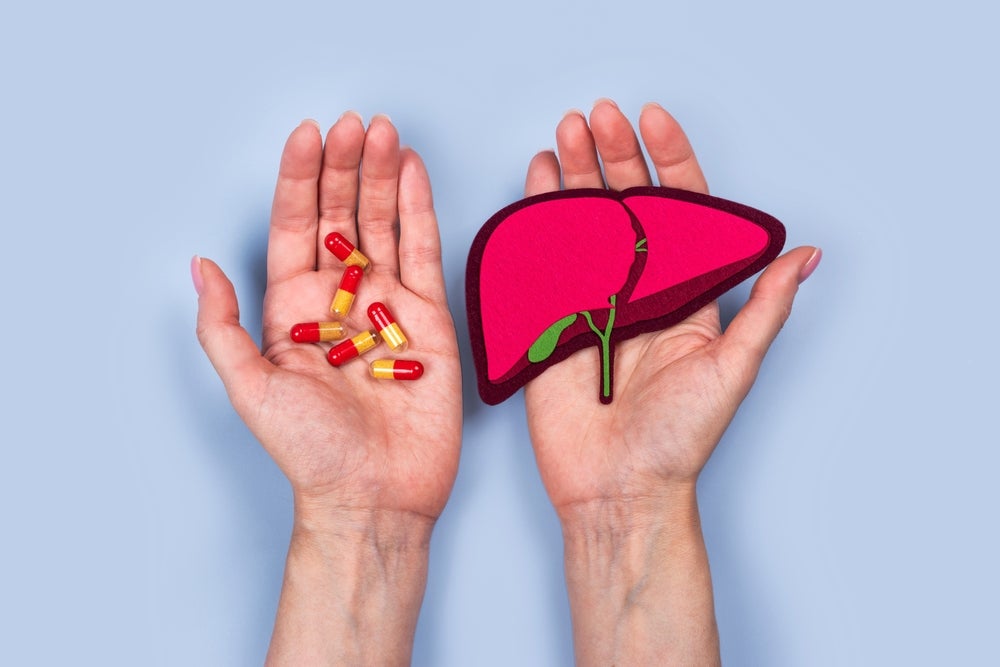The European Commission (EC) has conditionally approved Ipsen’s Iqirvo (elafibranor) for the treatment of primary biliary cholangitis (PBC), becoming the first drug approved for the liver disease in nearly a decade.
The approval is for Iqirvo in combination with ursodeoxycholic acid in adults who do not respond adequately to ursodeoxycholic acid alone. Patients who are unable to take ursodeoxycholic acid at all may also use Ipsen’s drug as a monotherapy, as per a 20 September press release.
The decision in Europe follows an accelerated approval granted by the US Food and Drug Administration (FDA) in June this year.
Both regulatory greenlights were based on data from the Phase III ELATIVE trial (NCT04526665), which demonstrated patients receiving 80mg Iqirvo plus ursodeoxycholic acid achieved greater treatment benefits compared to a placebo group. The results, published in the New England Journal of Medicine, showed that 13 times more patients in the Iqirvo group achieved the composite primary endpoint of biochemical response.
Iqirvo is an oral, peroxisome proliferator-activated receptor (PPAR) agonist, that works by activating the proteins PPARα and PPARδ, thought to be key regulators of bile acid, inflammation, and fibrosis.
PBC causes a buildup of bile and toxins, leading to inflammation and fibrosis of the liver. The autoimmune disease affects mostly women and results in patients experiencing joint pain, fatigue, and itchy skin.
Genfit, the biopharma that discovered and developed elafibranor had originally been targeting the metabolic dysfunction-associated steatohepatitis (MASH) market for its asset. However, underwhelming results from a pivotal Phase III trial closed this avenue.
Ipsen then licensed worldwide rights to the drug – apart from China, Hong Kong, Taiwan, and Macau – from Genfit for $515m in 2021. As per the agreement, Genfit will receive a $29.45m (€26.5m) milestone payment following pricing and reimbursement approval in Europe.
Iqirvo is forecast to see global sales of $361m by 2030, according to GlobalData’s Pharma Intelligence Centre.
GlobalData is the parent company of Pharmaceutical Technology.
Iqirvo’s approval in PBC sets up a spar with Intercept Pharmaceuticals’ Ocaliva (obeticholic acid), which has been on the European market since 2016.
Intercept has not unveiled how much revenue Ocaliva generated last year, only providing a sales guidance of $310m to $340m. Similar to Iqirvo, Ocaliva is approved for PBC in combination with ursodecxycholic acid or as a monotherapy in those who cannot take the latter medication.
Estimates as to how much Ocaliva could generate in years to come are hard to predict since it was nearly taken off the European market following a review by the European Medicines Agency (EMA) in June. A committee said that the clinical benefits of Ocaliva do not outweigh its risks, recommending the EC revoke the drug’s marketing authorisation.
The saga took another twist soon after when the President of the General Court of the European Union overruled the decision, allowing Ocaliva to remain on the market.









